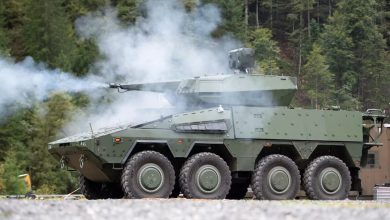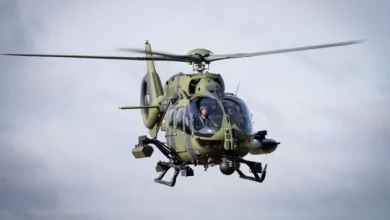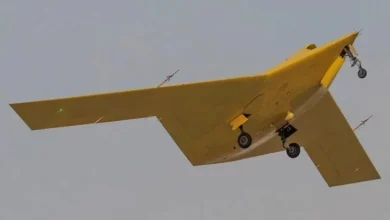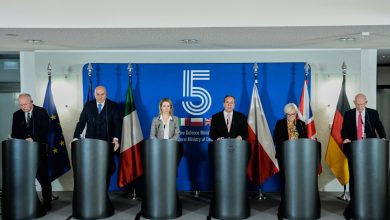Türkiye helped prevent global food crisis, says foreign minister
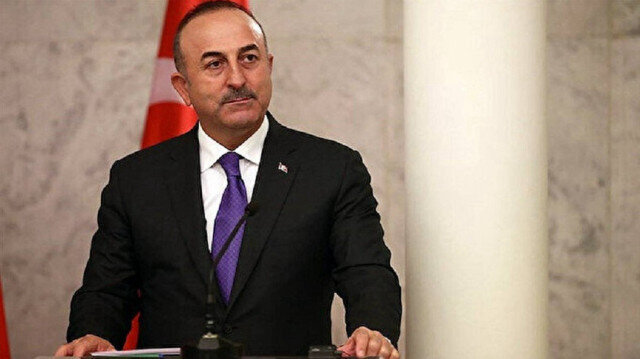
Türkiye also helped in prisoner exchange between Moscow and Kyiv, and facilitated contacts between the Russian State Atomic Energy Agency (ROSATOM) and the International Atomic Energy Agency (IAEA), Cavusoglu added
A global food crisis was prevented thanks to the Black Sea grain deal, the Turkish foreign minister said on Saturday, as he listed the successes of Ankara’s “entrepreneurial, humanitarian, and effective” foreign policy during the Russia-Ukraine war.
“We implemented the Istanbul grain deal with the UN. We prevented global food crisis,” Mevlut Cavusoglu tweeted.
Türkiye, the UN, Russia, and Ukraine signed a deal in Istanbul last July to resume grain exports from three Ukrainian Black Sea ports, which were paused after the Russia-Ukraine war began in February 2022, exacerbating global food insecurity.
Türkiye also helped in prisoner exchange between Moscow and Kyiv, and facilitated contacts between the Russian State Atomic Energy Agency (ROSATOM) and the International Atomic Energy Agency (IAEA), he added.
“We have been implementing the Montreux Convention,” which regulates maritime traffic through the Turkish Straits, he added.
Türkiye has won widespread praise for its push to end the war, which started last year in February.


